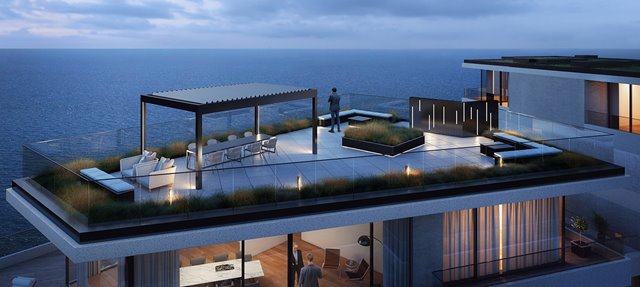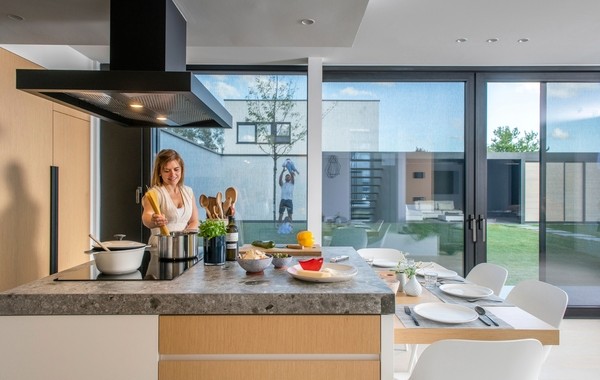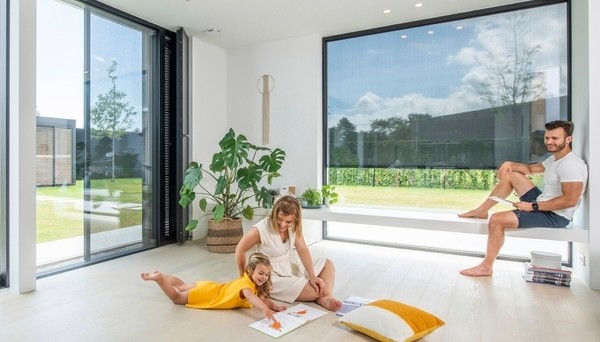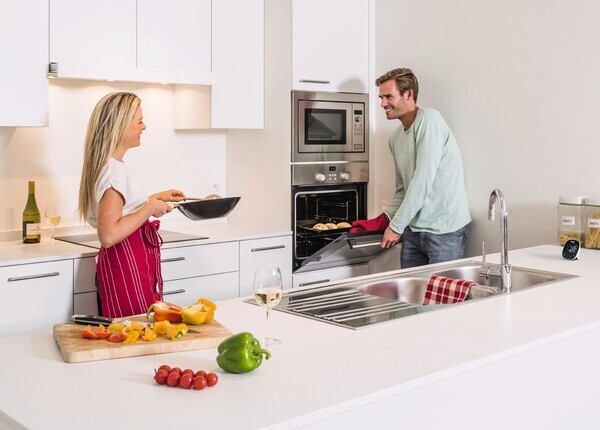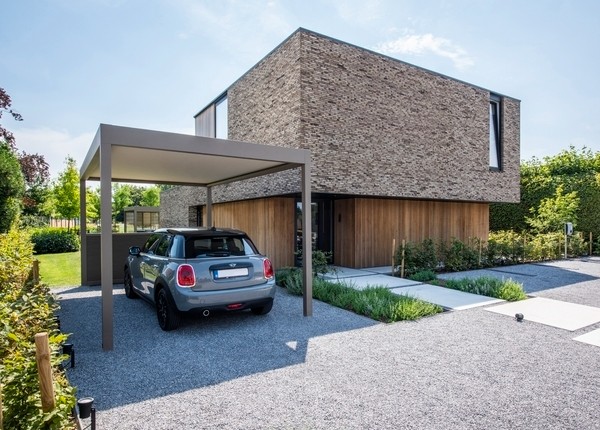
How to save energy?
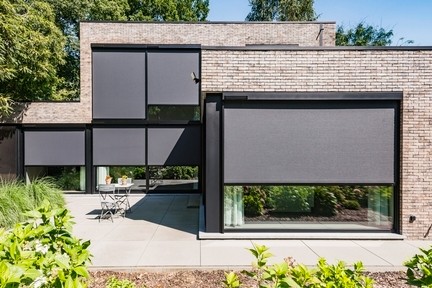
Outdoor blinds
Outdoor blinds, for example, can help you keep the heat out, meaning you don't have to fall back on your power-hungry aircon system so quickly. If you want to save even more, solar-powered outdoor blinds are an option that shouldn't be overlooked. These blinds run on free energy provided by the sun, which means you're not even spending a penny on operating your solar shading system.
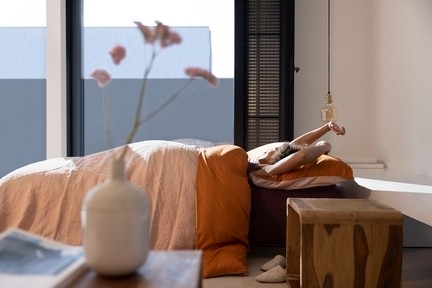
Night cooling
Night cooling vents are absolutely worth looking into as well. These vents allow you to safely bring in the cool night air to lower the temperature in your home using fresh air. This type of ventilation can easily cool your home down by a few degrees over the course of the night.
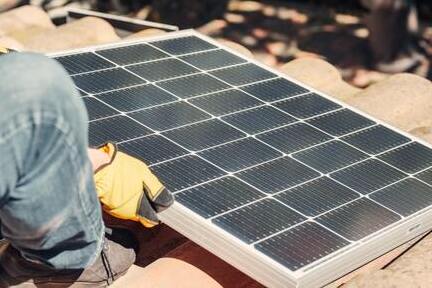
Solar panels
Why stop at using the free energy provided by the sun to control your outdoor blinds alone? With solar panels on your roof, other installations and appliances around your home can also be powered by the sun! Solar panels are a truly sustainable investment that will continue to pay off for decades to come.
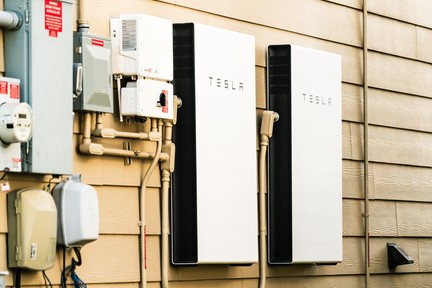
Home battery storage
Capturing all that free energy provided by the sun is one thing, but making the best possible use of it is another thing altogether. A home battery can store energy when there's plenty of sunshine to be had. That way, you can use your electrical appliances at whatever time suits you, without having to pay extra.
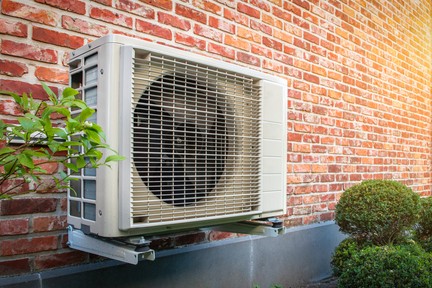
Heat pumps
Heating takes up the biggest share of the energy bills paid by any given household. With a heat pump, you get to use (geo)thermal energy from underground or the outside air to heat or cool rooms around the home. Two birds with one stone, in other words!
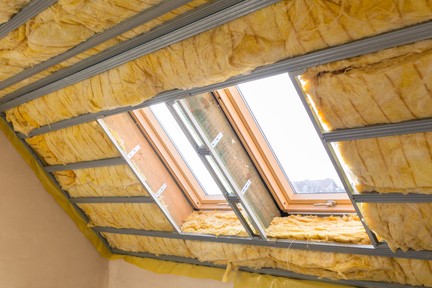
Insulation
Properly insulating a home can make a world of difference. Insulation allows you to keep the heat in during winter, and out as much as possible in summer. Either way, the result is lower energy bills and improved living comfort.
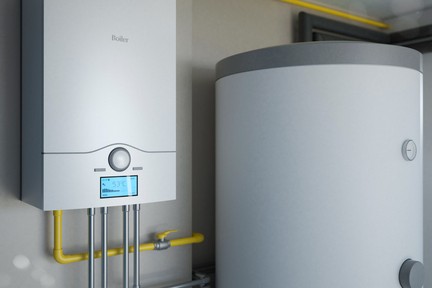
Energy-efficient boiler
Central heating boilers have come a long way over the past few years. With more efficient combustion technology on board, modern boilers consume significantly less energy. As such, an energy-efficient boiler can really help you bring down your energy bills.
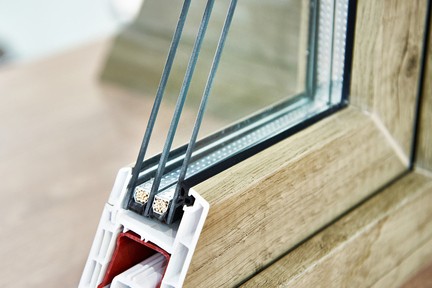
Insulated glazing
You've insulated your walls, floors and roof, but there's still one spot you might have overlooked: your windows. Large panes of glass are a bit of a weak spot when it comes to losing energy. Insulated glazing is designed especially to prevent this type of heat loss.
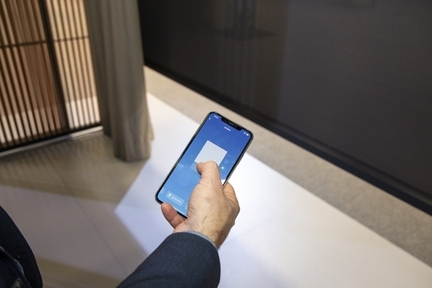
Smart home automation system
The ultimate way to save energy is by making sure all your sustainable technologies work together as a team. With a smart home automation system, you always have your hands on the levers, wherever you are, and whenever you want.
IS THERE ANYTHING IT'S BETTER NOT TO SAVE ON?
As energy prices increase, so does the sheer volume of tips on how to save. These well-intended suggestions can certainly be useful, but you do need to make sure they don’t put your health at risk by turning your home into an airtight vacuum. In other words, you really need to make sure you always have sufficient fresh air coming in your home. With that in mind, it's better not to save on ventilation.
1. Turning the heating down and closing all the windows and doors = asking for damp problems
The first tip that pops up everywhere at the onset of every winter (and certainly this one) is to turn your heating down a degree. And that's undoubtedly the right thing to do! After all, an extra jumper or fleece blanket really can work wonders. Even so, it's best to make sure the temperature in your home never drops below 16°C. But if you combine this with keeping your home hermetically sealed and filling up all possible cracks or crevices, you are asking for trouble. Sure, your actions may well result in a lower energy bill, but you need ventilation if you are to maintain an adequate level of indoor air quality. This is never more true than when the temperature drops — and the chance of condensation forming goes up accordingly — as poor air circulation will cause moisture to accumulate in the indoor air (and in the walls of your home). This in turn results in the formation of mould in your house, which might not only damage your home, but can also be detrimental to your health and that of your fellow residents.
If your home is equipped with properly installed and well-maintained mechanical ventilation, this system will come to your rescue when it detects excess humid indoor air (or excessive CO2 and odours) to extract it in good time and replace it with fresh air from outside. Without such a system, all that humidity would unfortunately not be able to find a way out, resulting in it accumulating in the house. If you would you like to know more about the humidity levels in your home and what measures to take, a smart CO2 monitor such as Renson Sense not only measures CO2 in the indoor air, it also keeps an eye on the humidity level.
2. Opening windows = not the best idea
Looking to bring some fresh into your home? Opening a window is a temporary solution, but never provides the necessary flow to keep sufficient fresh air in the house. In winter, letting cold outdoor air in not only causes a sudden loss of heat in the house, it increases the risk of condensation and mould formation in homes without a well-functioning ventilation system. Continuous and controlled ventilation is the only way to enjoy sufficient fresh air in your home 24/7, and to do so in an energy-efficient way. While we're on this point, did you know that central 'demand-driven' ventilation systems are now designed to work so energy efficiently that they barely have an impact on your energy bill? How, you ask? Well, they constantly monitor the indoor air quality, which means they only ventilate where and when doing so really necessary: in a busy bathroom in the morning and/or in a bedroom at night, for example. And as economical as they are, these systems automatically fall back to a basic ventilation level when there's no one in the room. A win-win situation, in other words, meaning you'll never lie awake at night again wondering whether the indoor air in your home is harming your health.
3. Never turn off your ventilation system
As tempting as it may seem when you're looking to save on your energy bill: you should never switch off your ventilation system or fully close the window vents that provide a supply of fresh air from outside! You wouldn't want to put your own health or that of your fellow residents at risk, would you? Because that’s the risk you are taking when you realise that the average family produces ten litres of moisture per day in the house just by cooking, washing, going to the bathroom, or even just by breathing. You also risk dirt particles and odours from construction, decoration and cleaning products, dust mites and animal hair accumulating in the indoor air. These things are exactly what sometimes causes that musty smell after a night with two people sleeping in a small bedroom without ventilation.
Now that we are living and working indoors more than ever before — did you know we spend no less than 90% of our time inside? — it is even more crucial to take a moment to reflect on that. For those who are acutely aware of this issue and prefer not to lose any sleep over it, there is good news: Renson's demand-driven ventilation systems will do the job for you. Without you even realising it, they ensure the indoor air quality remains as high as possible at all times, fully automatically and in the most energy-efficient way possible.
A correctly installed, properly maintained centralised ventilation system automatically kicks into action when air polluted by CO2, moisture and odours needs to be extracted. Balanced systems go one step further: they also offer heat recovery, so that the indoor heat never goes to waste. In living spaces where there is insufficient room for a centralised ventilation system, a decentralised ventilation system can help keep the indoor air quality just right. These fans are energy-efficient and can also be equipped with CO2 sensors.
WHAT IS AN ENERGY SCAN
As part of an energy scan, an expert visits your property to identify any points for improvement, and to sit down together to explore how you can use energy more efficiently. You'll be given tips on a room by room basis. On top of that, the expert can also install energy-saving equipment (energy-saving bulbs, eco shower heads, draught excluder strips and so on) free of charge and within certain limits. Once the visit is complete, you'll receive a personalised report.
REQUESTING AN ENERGY SCAN
You can have an energy scan performed free of charge, subject to certain terms and conditions. If you don't meet these conditions, some energy scan firms also offer paid energy scans.
AN ENERGY-EFFICIENT HOME WITH RENSON
When trying to make your home as energy-efficient as possible, thinking about how you use energy is essential. On top of that, certain products can have a significant impact on your energy bills. If you're wondering how Renson can help you on your journey towards an energy-efficient home, here's the answer: by way of smart and innovative developments, we use the best of nature to in our solutions. Both indoors and outdoors.
Solar shading and ventilation play a major role in this. Solar shading allows you to keep the heat from the sun out on hot summer days, reducing the need for air conditioning and saving energy along the way. On top of that, well-designed ventilation systems provide optimal circulation of air, and night cooling draws fresh air into your home, reducing the need for artificial cooling and heating. By investing in these energy-efficient solutions, you're not only improving your living comfort: you are also contributing to a more sustainable future.
Find a dealer for
